For over a century, partition has been considered the only solution when transaction, and politics, have failed. But can partition really provide a long-term solution to a conflict or even prevent further conflict? How peaceful is life in cities that have been separated? This interesting collection of writings presents sensitive, complex, and wide-ranging reflections on the modern phenomenon of partition. The essays consider the mechanisms of nation-building in partition, both post-colonial and in the context of post-1989 transitions in Eastern Europe and the Balkans, and analyse whether the partition of the Indian subcontinent should be considered a paradigm case. The particular histories of nationalism and partition are different in the countries involved, but the commonalities in the painful universality of the experience, and in the narrative structures, state and nation-building strategies, patriarchal patterns of control, and mechanisms of inclusion and exclusion are striking. The texts engage in critical thinking about processes such as fragmentation and exclusion such as fragmentation and exclusion, placing them in perspective in the historical event of partition. This thought-provoking volume, sharply analytical yet lucidly written, will attract scholars and student of history, sociology, politics, urban studies, and cultural studies, as also the interested lay reader.
Divided Countries, Separated Cities: The Modern Legacy of Partition
In stock
Free & Quick Delivery Worldwide
Bibliographic information
Title
Divided Countries, Separated Cities: The Modern Legacy of Partition
Author
Edition
Reprint
Publisher
ISBN
0195665406
Length
x+192p., 23cm.
Subjects

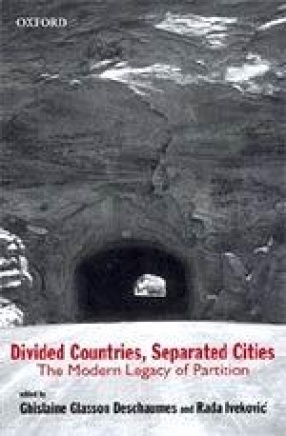
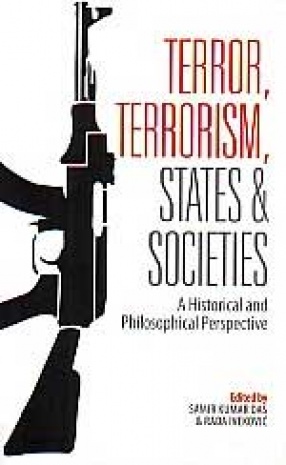
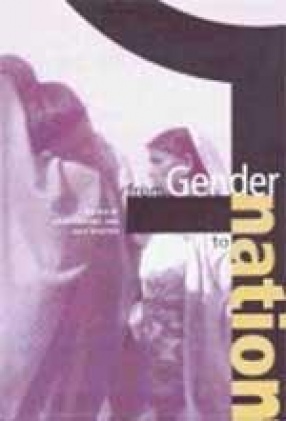

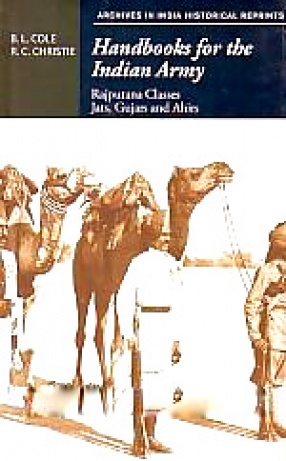
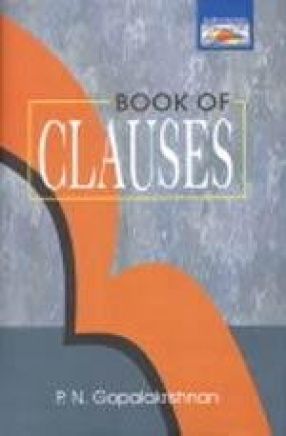
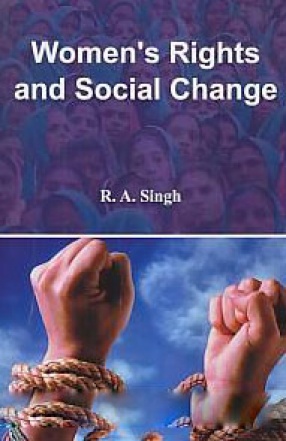
There are no reviews yet.